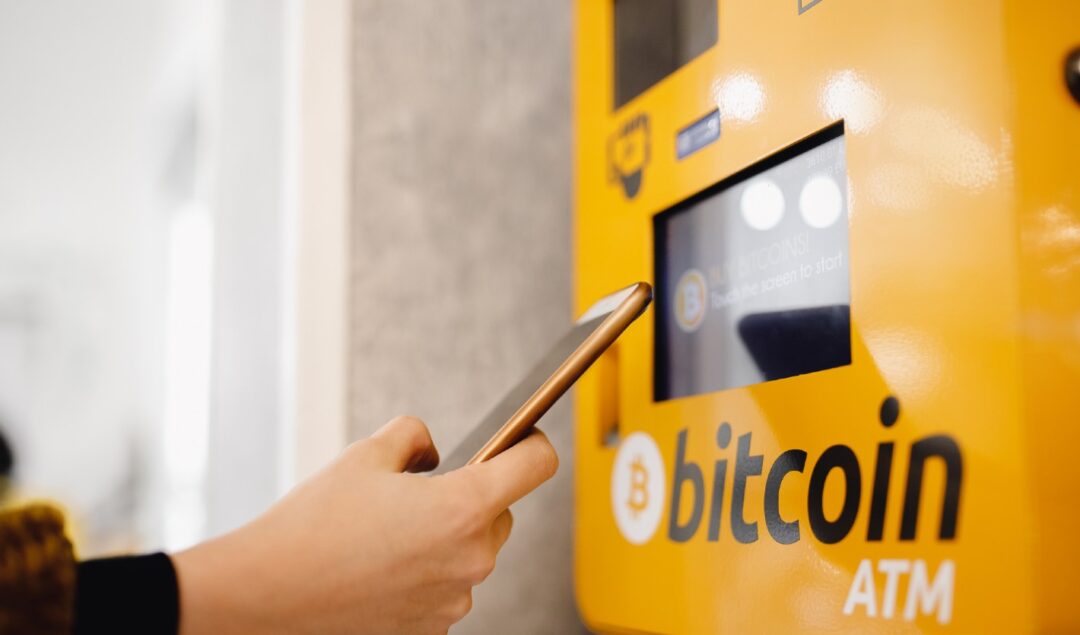Bitcoin ATMs Disproportionately Installed In Black And Latine Areas

Bitcoin teller machines (BTMs) in the U.S. are disproportionately installed in areas with large Black and Latine populations, a Bloomberg analysis has revealed.
BTMs in Black and Latine areas
The number of BTMs, which allow people to convert cash into Bitcoin, has risen drastically over the last four years, now totalling around 31,100 units nationwide.
These machines, commonly found in gas stations and convenience stores, saw a surge during the pandemic as interest in digital currencies grew.
However, a Bloomberg analysis has revealed that the machines are disproportionately installed in areas with majority Black and Latine populations, charging fees as high as 22% per transaction.
“It’s like a payday lender saying, ‘I can give you cash today for your check,” Franklin Noll, a lead payments specialist at the Federal Reserve Bank of Kansas City, told Bloomberg. “I’ll charge you 25% or 30% for it, but here you go.'”
Bitcoin Depot, the leading BTM operator in the U.S., installs many of its machines in states like Georgia and Texas, where there are large Black and Latine communities.
Read: Crypto Crash Hits Black Americans The Hardest
In Dallas, BTMs are primarily located in neighborhoods with high percentages of Black and Latino residents. In Alabama, the concentration of these groups around Bitcoin Depot BTMs exceeds the state average by 20 percentage points. This trend is similar in states across the Northeast.
Despite this, Bitcoin Depot President and CEO Brandon Mintz denies any targeting based on racial profiles, stating the company’s placement strategy focuses solely on areas with low competition and sufficient population density to support profitability.
Regulatory Scrutiny
The deployment of BTMs in predominantly minority neighborhoods has led to concerns about “predatory inclusion”. Researchers use the term to describe scenarios where services are offered at high costs, often overshadowing the financial burden on users.
Moreover, since most BTMs do not permit users to sell their crypto for cash, concerns about the actual utility and safety of these machines continue to rise.
Critics argue that while BTMs may offer a financial service, they could trap users in high-cost mechanisms with limited benefits.
As the industry continues to evolve, it becomes crucial for policymakers and community leaders to scrutinize and regulate BTM operations to ensure they serve as genuine financial aids rather than financial burdens.



